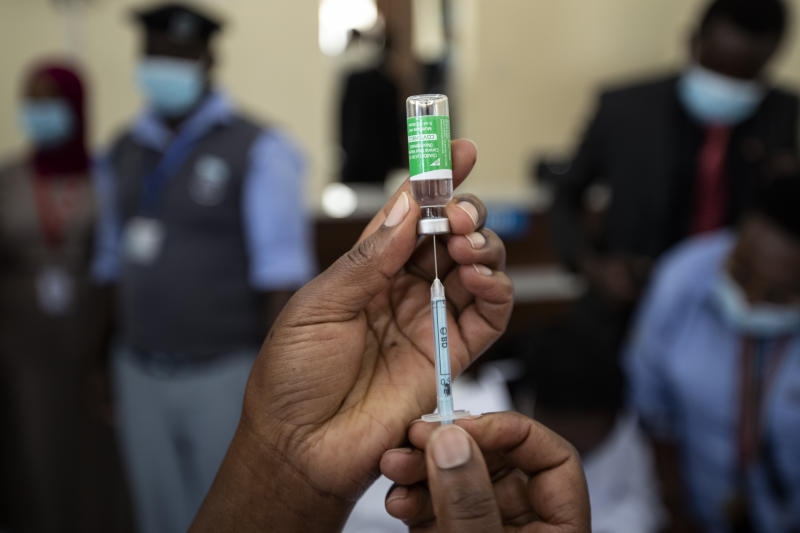×
The Standard e-Paper
Home To Bold Columnists

Individuals who have been fully vaccinated for Covid-19 are free to interact with similar people who have been inoculated as well without wearing masks, says the Centre for Disease Control and Prevention.
Recommendations by CDC also indicate that these individuals while interacting do not need to maintain physical distance.